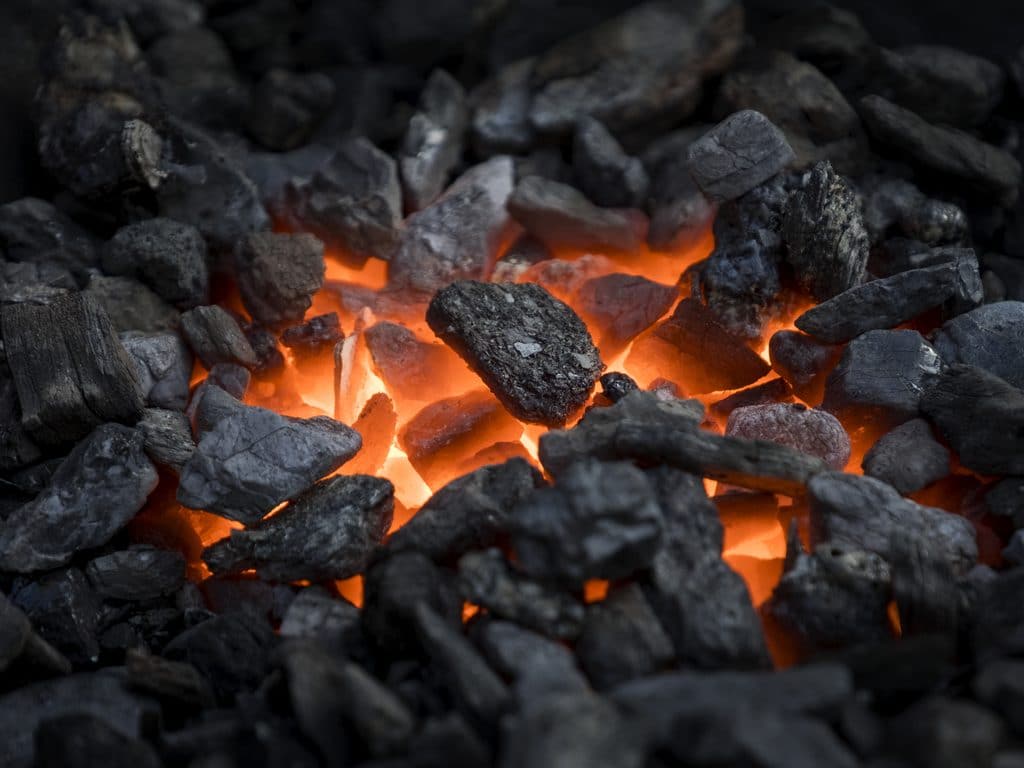His name’s Murad Chanouf. Tunisia, his country of origin, sees him as a recycling hero. He has set up a farm named after him and has been transforming waste into fuel for the past 3 years. He uses bio-waste to produce flammable coal briquettes and charcoal to meet his challenge. The charcoal is produced in three stages: first, the waste (dead wood, bark and tree leaves) is collected; second, it is crushed, dried and pressed to form coal briquettes and charcoal. For Radwan Al-Ayadi, director of the start-up, the fuel “is cheaper than (ordinary) charcoal, gas or other energy sources. According to him, it is also 30% less humid than ordinary coal. Chanouf makes sure that nothing is lost. Instead, he gets everything back. The coal residues obtained after this major step are in turn subjected to high compression. This process then produces pressed coal. The residues are charred again, but for one last time. The result is pitch, a kind of vegetable tar that is effective against diseases that attack orchards.
His farm is located in the streets of Manouba, a Tunisian suburb. It was founded in 1995 and was then specialised in the production of pears and olives. Since 2015, it has turned to waste recycling, which has led to a change of identity. Since then, the farm has been operating under the name Chanouf Farm Biofire. Chanouf Farm was founded after its founder made a trip to China. His journey enabled him to discover bio-coal. He did not hesitate to launch this new product on the Tunisian market, in the company of his son-in-law, Radwan Al-Ayadi, who is now the director of the start-up of about 12 employees. Its sales were 120,000 dinars in 2017, or just over 40,000 US dollars. The company’s dream is to go further. It wants to export its products more, to other countries on the continent and even to Europe.
Charcoal is used in Tunisia as it is everywhere else in Africa. This has an impact on the environment, far from it. Because its manufacture requires cutting wood in the forest, thus increasing deforestation, a major cause of global warming. Tunisia alone lost nearly 5,000 hectares of its forests between 2013 and 2014 due to fires and 2,000 hectares due to irreponsible acts.
Luchelle Feukeng
